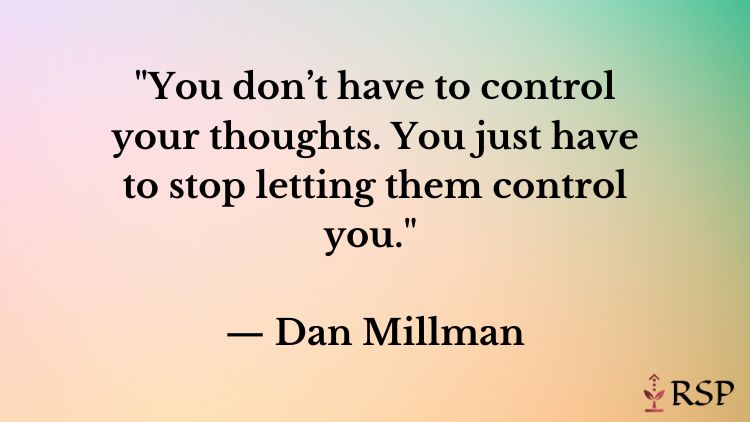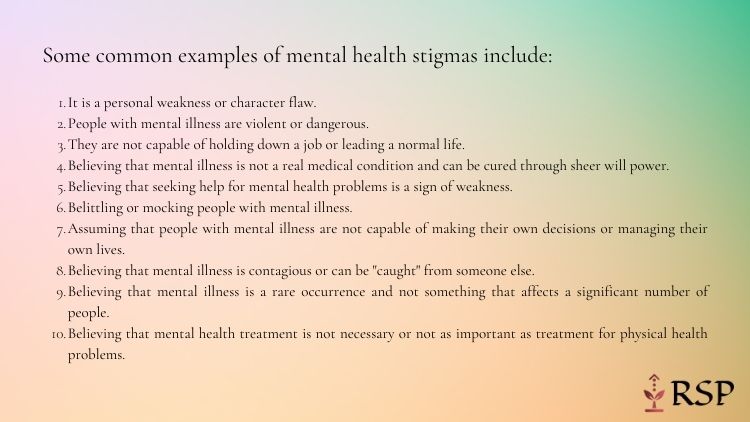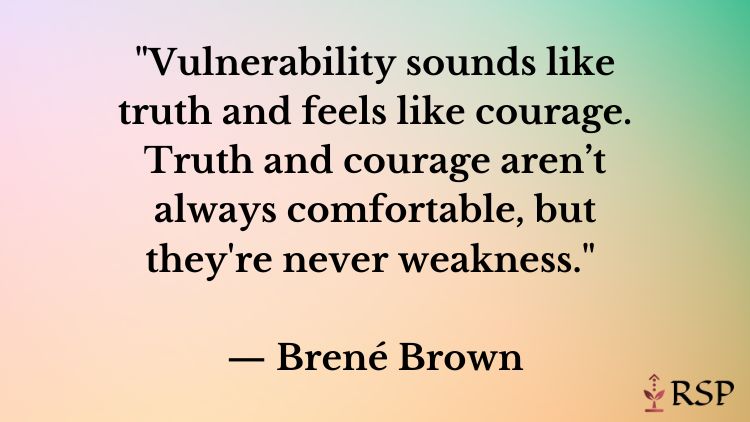6 Tips for Talking About Mental Health Without Shame: How to Overcome Stigma and Seek Support


Mental health stigma is a common and harmful issue that can prevent people from seeking the help they need. It’s time to break the stigma and create a society where it’s okay to talk about mental health without shame. In this article, we’ll explore why mental health stigma is such a problem and offer tips on how to talk about mental health without feeling ashamed. Whether you’re struggling with mental health issues yourself or want to support someone who is, this article is for you. Let’s work together to create a world where mental health is treated with the respect and understanding it deserves.
Table of Contents
Why mental health stigma is such a problem?
Mental health stigma is a pervasive issue that can have serious consequences for those who experience it. It occurs when negative attitudes and beliefs about mental health conditions lead to discrimination and prejudice. This can prevent people from seeking help and support, leading to a lack of treatment and a worsening of symptoms.
Mental health stigma can also contribute to a cycle of isolation and social exclusion, which can have a negative impact on overall well-being. It can be particularly harmful for those who already face discrimination and marginalization due to their race, gender, sexual orientation, or other factors.
It’s important to overcome stigma in order to improve access to mental health care and reduce the negative effects of mental health issues on individuals and society. Here are some ways to talk about mental health without shame:
1. Educate yourself:
The first step in talking about mental health without shame is to educate yourself about the topic. This includes learning about different mental health conditions, their symptoms, and available treatment options. It’s also important to understand the role of mental health in overall well-being and the impact that stigma can have on individuals and society.
2. Use language that is inclusive and respectful:
Another way to talk about mental health without shame is to use language that is inclusive and respectful. The words we use can have a big impact on how mental health is perceived. Avoid using stigmatizing or derogatory terms, such as “crazy” or “insane,” and instead use language that is respectful and understanding. For example, you could say “struggling with mental health” or “experiencing mental health challenges” instead. By using language that is respectful and understanding, you can help create a more supportive and inclusive environment for discussing mental health.

3. Share your own experiences:
Sharing your own experiences with mental health can be a powerful way to talk about the topic without shame. It’s important to be honest and authentic when sharing your experiences and to avoid exaggerating or minimizing your struggles. Sharing your story can help others feel less alone and more supported, and it can also help reduce stigma by showing that mental health issues are common and nothing to be ashamed of. It’s important to remember that everyone’s experience with mental health is unique, and it’s okay to share as much or as little as you feel comfortable with.
When sharing your experiences, it’s also important to be mindful of your audience and to respect any boundaries they may have. It’s okay to ask for consent before sharing personal information, and it’s important to be aware of any triggers that may be harmful to others.
4. Encourage open and honest communication:
Creating an environment where it’s okay to talk about mental health can be transformative. Encourage open and honest communication by listening without judgment and offering support and understanding. This can help create a sense of belonging and connection, which are crucial for good mental health.
Here are some ways to have an open and honest communication:
- Start the conversation: It can be difficult to bring up the topic of mental health, especially if it’s not something you’re used to talking about. But taking the first step and starting the conversation can be an important way to break the ice and encourage others to do the same.
- Be honest and authentic: When talking about your own mental health, it’s important to be honest about your feelings and experiences. This can help others feel more comfortable sharing their own experiences and can create a sense of trust and connection.
- Use “I” statements: Using “I” statements can help you express your own feelings and experiences without placing blame on others. For example, instead of saying “You’re making me anxious,” you could say “I feel anxious when I’m around loud noises.”
- Focus on the present: It’s natural to want to talk about past experiences, but try to focus on how you’re feeling in the present moment. This can help the conversation stay grounded and focused on finding solutions to current problems.

5. Be an advocate:
One of the most powerful ways to reduce stigma is to be an advocate for mental health. This can include speaking out about mental health issues, supporting organizations that work to reduce stigma, and advocating for policies and programs that support mental health. You can also consider donating your time or resources to these causes, or sharing information about them with your friends and family.
6. Seek support:
If you’re struggling to talk about your mental health, it can be helpful to seek support from a therapist or counselor. They can provide a safe and confidential space for you to discuss your feelings and experiences, and can offer guidance on how to navigate difficult conversations.
A therapist or counselor can also help you develop coping strategies and build resilience to manage your mental health challenges. They can also provide support and guidance if you’re struggling to cope with a mental health condition or if you’re having trouble managing your emotions.
There are many different types of therapy and counseling approaches, so it can be helpful to do some research and find a therapist or counselor who aligns with your needs and values. You can find therapists and counselors through a variety of sources, including:
- Your healthcare provider: Many healthcare providers have a list of therapists and counselors that they can refer you to.
- Online directories: There are many online directories that can help you find therapists and counselors in your area.
- Professional organizations: Many professional organizations, such as the American Psychological Association, have directories of therapists and counselors that you can search.
- Community resources: Many community organizations and non-profits offer mental health support and counseling services. Check with your local community center or search online to find resources in your area.
Remember, seeking support is a sign of strength and courage, and it’s an important step in taking care of your mental health. Don’t be afraid to reach out for help if you’re struggling.
Overcoming stigma is a process that takes time and effort, but it’s worth it. By talking about mental health without shame, we can create a more supportive and understanding society where everyone has the opportunity to live their best lives.

You can now write for RSP Magazine and be a part of the community. Share your stories and opinions with us here.
